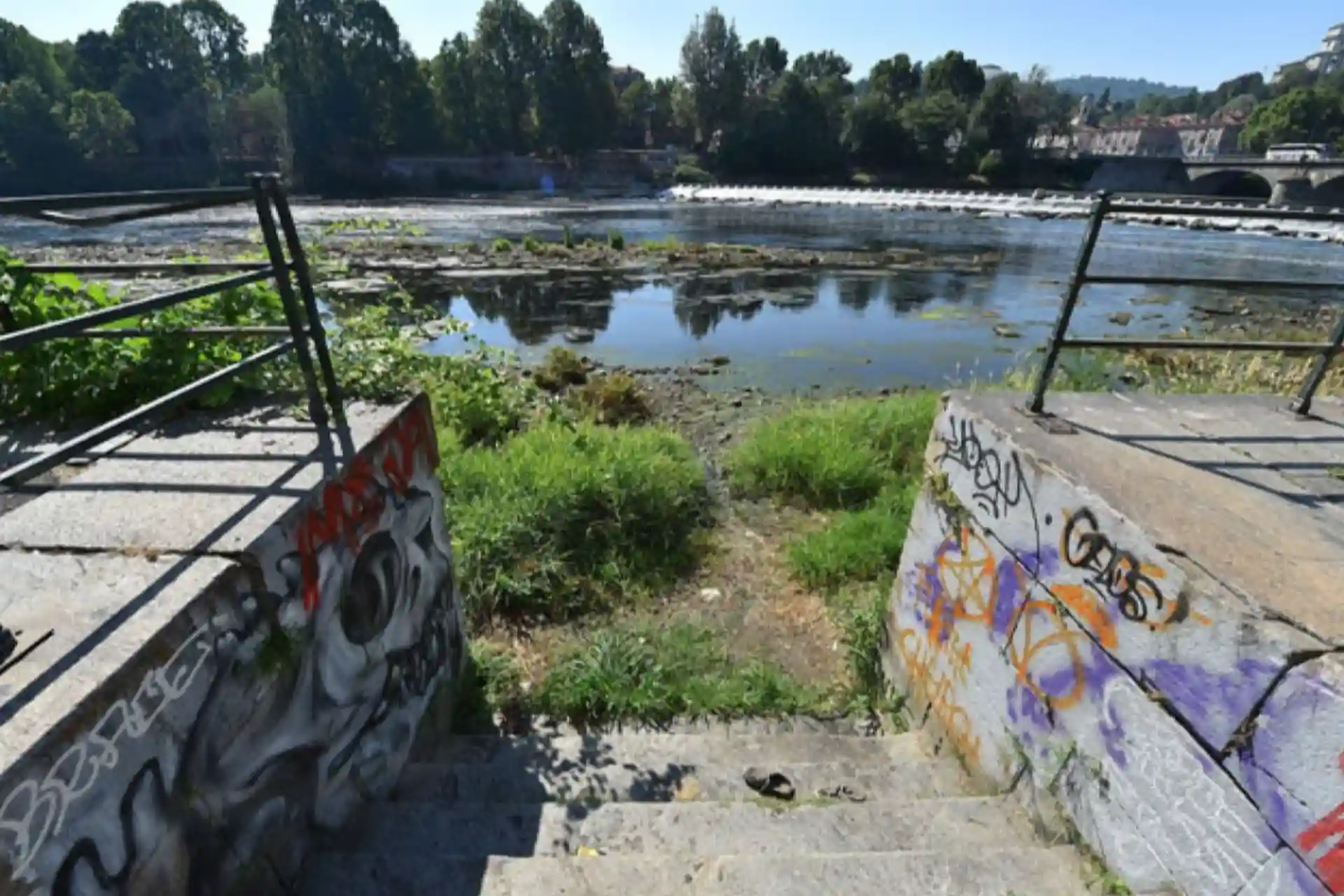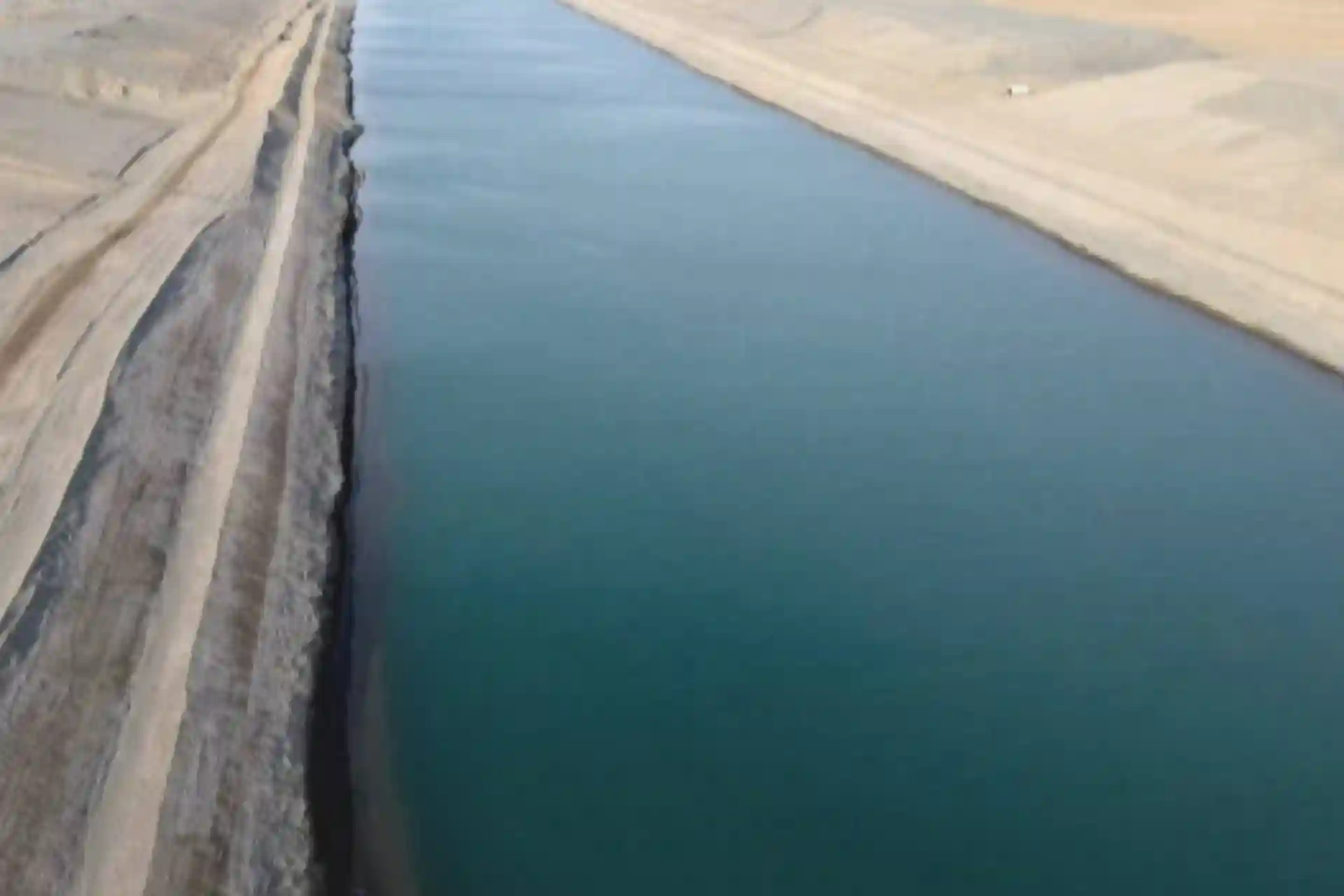Politico: EU countries may face conflict over water shortages
According to the calculations of the European Commission, one third of the population of the EU countries faces the problem of water shortage. In the future, the issue could lead to increased competition for water resources and conflicts within and between states over transboundary water resources, according to a classified document obtained by Politico.
In the future, water scarcity may cause conflicts between EU countries, including increased competition for water resources, conflicts within and between countries over transboundary water resources. This is stated in a confidential document of the European Commission obtained by Politico.
According to the document, the EU sees water scarcity as a problem that threatens almost all aspects of life: food and water, infrastructure, economic activity and health.
"These risks can manifest in various forms, including increased competition for water resources, conflicts within and between countries over transboundary water resources," the appeal reads. It was also noted that the trend of water scarcity is increasing and the climatic situation is worsening. According to the EU 's conservative estimates, the economic growth of the union could decrease by 7 percent by 2100.
Frequent natural disasters such as floods, droughts, forest fires, diseases, and crop failures have already become one of the climate threats facing Europe . Currently, the European Commission has "identified 36 key risks for Europe, some of which are already catastrophic and of high urgency ."
According to the European Commission in 2019, more than a third of the population of the European Union (38%) faced water shortages. Drought damages the European economy by 2-9 billion euros annually.
According to 2019 data, water shortages were severe in Italy. In the areas located on the shores of the Adriatic and Ionian seas, the deficit amounted to 1.5 km³ of water.
Water scarcity in Bulgaria is estimated at 1.2 km³ - the second worst in Europe . The current crisis can be caused by problems related to the use of drinking water for industrial needs, as well as the construction of dams. Seasonal water restrictions are being introduced in the country.
Climate change and sea-level rise pose major threats to Malta , where groundwater reserves are expected to decline by 16 percent over the next 80 years .
Spain has been experiencing a drought since the end of last year, and the natural disaster has especially affected the southern and eastern regions of the kingdom. Officials announced that April 2023 was the driest and hottest month on record.
France is facing a winter drought. Therefore , protests by environmental activists against the construction of a complex of 16 reservoirs for irrigation in the west of the country took place throughout France . Opponents of the project condemn the " privatization " of water by "agribusiness" and call on the authorities to introduce a moratorium on the construction of the reservoir.
The world's demand for fresh water has never been greater : According to the National Geographic Society , we use eight times more water today in households, agriculture and industry than we did a century ago.



